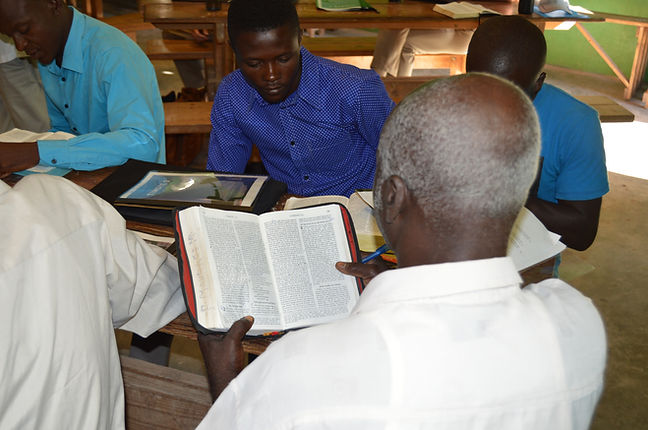
Missions is more broadly defined today than at any time in the history of the Church, so how do we reduce it to something manageable by the average church?
I searched the internet for “definition of Christian missions,” and over 25 million results were returned. As I perused the contents, I discovered the inclusion of scores of ministries, maybe hundreds, in many categories – sports, medicine, education, evangelism, church planting, church development, and more. Those ministries called “missions” are virtually all good ministries, all things churches should or could do, but impossible in totality for any single church to conduct.
So, how do we reduce this broad definition of Christian Missions to something useful for our local church? Like any other huge project, we break it into manageable parts, develop each part individually, and connect the parts together.
Everything a church does should grow out of and be consistent with the Holy Scriptures, the Bible. Therefore, churches should start with what the Bible says about the ministry we call missions today. Sometimes, we start with a strategy that sounds good without articulating our theology out of which the strategy should grow. Over time, our strategy may define our theology.
To guard against strategy defining theology, we must develop a solid theology of missions. By doing so, we identify what God calls us to do seperate from the way we think we ought to do it. Theology should be the foundation of every church’s missions initiatives.

-
Ground yourself in theology. Know what the Bible teaches and what you believe.
-
Study Bible passages on global missions. Know what the Bible says about the church and global missions.
-
Identify directives, examples, and principles of global missions. Sort out biblical imperatives from biblical narratives regarding global missions.
-
Make a list of non-negotiables regarding doctrines, goals, directives, qualifications, confirmation, missionary care, reporting, and finances. Define the biblical principles that define the work you do and determine who you collaborate with in global missions.
-
Craft a theological vision statement that includes your non-negotiable core values from Scripture.
As you work through each of these steps, look for the five Ws and the H from English composition classes: Who? What? When? Why? Where? How? Your statement on theology of missions should enumerate answers to these questions from the Bible.
Dr. Selvey offers a one-day workshop and coaching opportunity to help pastors and missions leadership develop and articulate their theology of missions in a way that makes it a tool that can be used by their entire team in developing and leading Christian missions. Email David for more information.
©2021 by David Selvey. Used by permission.

Please login to comment.